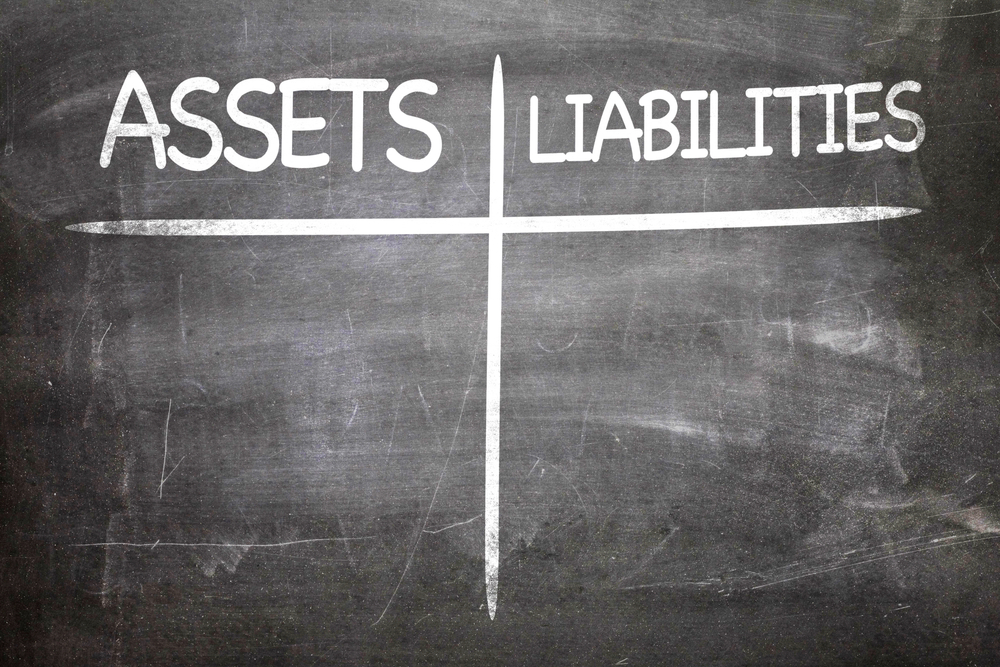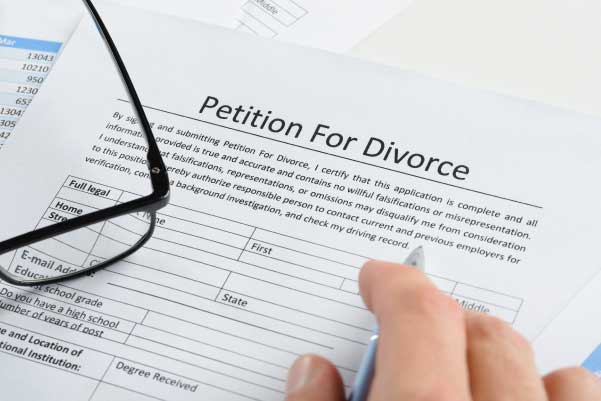** URGENT COVID-19 - WE'RE STILL OPEN *** Please click here for updates.
** COVID-19 - WE'RE STILL OPEN ***
Please click here for updates.
** URGENT COVID-19 - WE'RE STILL OPEN *** Please click here for updates.
** COVID-19 - WE'RE STILL OPEN ***
Please click here for updates.

Some people do allow their divorce to proceed without their participation. Reasons include apathy, guilt, fear, depression or because they are attempting to delay or stop the divorce.
This is never a good idea!
Failure to appear means you have skipped a scheduled court date without notifying the court. You can be charged with contempt of court, and the judge can issue a bench warrant for your arrest. You may also have to pay a fine.
While such measures don't usually happen in a divorce case, you still should always show up in court if required to do so.
Skipping your court hearing not only gives a bad impression but allows the other spouse to tell the court what they want.
If you aren’t there, you can’t disprove their story or defend your self! Once this testimony is part of the court record it becomes very hard to discredit later—because you didn’t show up in the first place to refute it!

You spent a long time getting your shared parenting plan hammered out so that both you and your ex were satisfied with it.
Or maybe you had a protracted custody battle that ended in the court making the parenting decision for you.
Either way, there is often some point in their lives that a child may start to resent the visitation schedule and refuse to see the other parent.
What can you do in this situation?
Are you supposed to make your child go or should you give in?
What are the possible legal consequences?
And can older children decide on their own whether or not they want to visit the non-custodial parent?
In this article, we will discuss common problems that happen in shared parenting, the possible legal ramifications and some things you can do to make the transition easier on your child.

A CNN Money article reported that as of 2009, over $100 billion was owed in unpaid child support payments. For lower-income mothers receiving child support, the child support payments accounted for almost one-half of their total income.
When payments are not made by the other parent, mothers have no choice but to seek public assistance for themselves and their children. The problem has continued to grow as more parents never marry, separate or divorce and the need for child support increases.

It's the most important document in your divorce case: the Balance Sheet. What is the Balance Sheet and how will it help you? This article is designed to make sure you understand how critical the Balance Sheet is when it comes to winning your divorce case.
The balance sheet focuses on valuing, distributing, and dividing all marital assets and liabilities.
Most couples going through a divorce will have to deal with the issue of property and asset division. When it comes to these items, the state of Ohio is considered an equitable distribution state.
To understand divorce laws in Ohio regarding property division, you have to understand that equitable is not defined as equal, the property will not be divided 50-50. For example, just because one spouse was the major breadwinner is no guarantee that he or she will get the majority of the marital property.
Many divorce cases involve children. If you are getting a divorce and have children, you should know what local rule visitation is. Ohio Family Law Attorney Jack Carney-DeBord defines local rule visitation in this short video.

Getting a divorce in Ohio often requires going through several court hearings and participating in numerous rounds of negotiation with your soon to be ex-spouse.
Ohio requires that you are a resident of the state for a minimum of six months to file for divorce. Since you will be filing your paperwork through a county court, it is best to look up and see what their residency requirements are—usually a minimum of 90 days.
 Although most divorces are settled outside the courtroom, an already stressful situation can become overwhelming if it goes trial.
Although most divorces are settled outside the courtroom, an already stressful situation can become overwhelming if it goes trial.
While divorces are rarely ever like the heavy drama portrayed on TV or in movies, it is still important to prepare yourself before the date of your divorce trial.
Contested divorces are time-consuming, expensive and emotionally draining. Being organized makes things easier for both you and your attorney, while also making a good impression on the judge.

You may think that after hiring a divorce lawyer, you can simply wait around for your court date, but people who actively participate in their divorce will find things easier in the long run. There are actions you can take to make things easier and have your case over as quickly as possible.
In Ohio, a dissolution is a non-adversarial proceeding to legally terminate a marriage. A Dissolution also means that the terms of the divorce are decided between the two parties before any documents are filed with the court.
Unlike a divorce, the negotiating couple is expected to voluntarily trade any information as part of their dissolution. The courts do not have subpoena power during dissolution and cannot put temporary orders in place or force either side to share information.
The court does allow professionals to be hired to evaluate a property or give financial advice.

Walking into a lawyer's office, especially when your mind and emotions are occupied with a looming divorce, can seem intimidating. However, preparation will go a long way and ensure that you find a lawyer who best suits you and your situation.
When you schedule a consultation with an attorney, begin jotting down any questions you can think of that you'd like to discuss. Your time is valuable, and you should get as much information out of meeting an attorney as possible.
Having questions ready beforehand will not only help alleviate some anxiety, but it'll also help you assess whether the attorney is a good fit for you.

When you talk to a divorce lawyer about your case, there are several questions you need to ask. But any good attorney should ask you questions as well. The more information an attorney has, the better they will be able to help you.
The important points the attorney will be looking for are when you were married, how long you have been married, what happened—or did not happen—during the marriage, your income and employment situation, if you have children and why you are in the situation you are in.

Who gets the house? A very complex question in most divorce cases. This question usually brings about a problem. Either both parties want to keep the ...
Divorce usually means dividing up part of your life that you and your partner once shared. Issues like who gets what, how much time children will spend with each parent and other matters can be handled by lawyers or through the court system.
Unfortunately, neither the legal system nor an attorney can decide for one important asset the gets left out of the divorce process–your friends. Losing friends during a divorce can be as equally hurtful and confusing as losing any other important asset.
Jack’s Law Office
305 S Sandusky St
Delaware, OH 43015
(740) 369-7567